Top Air Purifiers vs. HVAC Filters: What’s Best for Your Health?
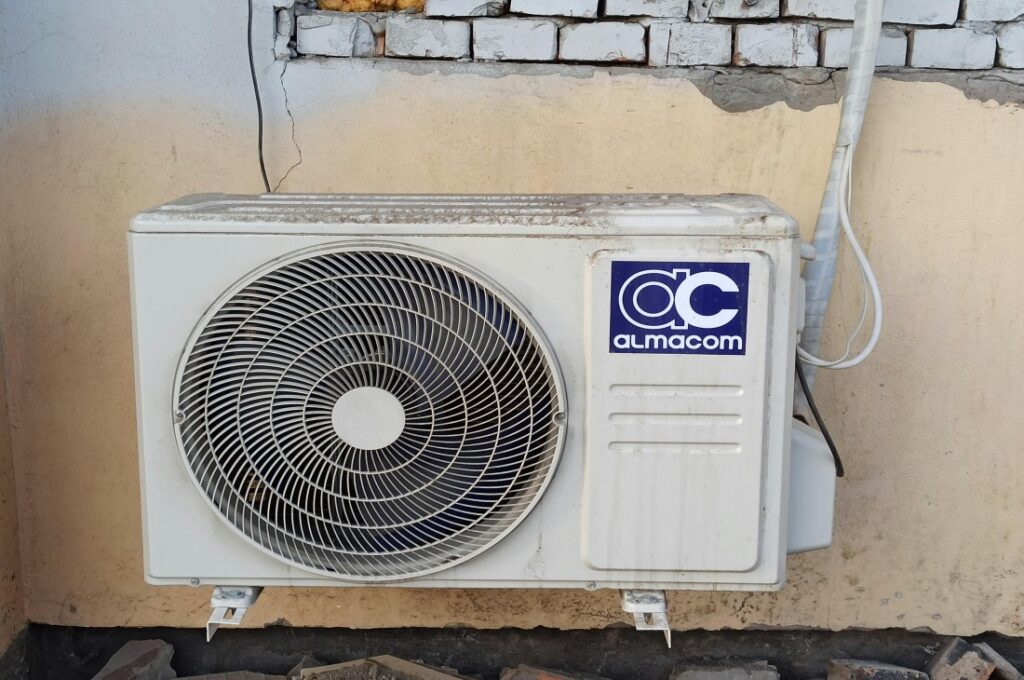
Breathe easy—clean air is crucial for staying healthy, especially now when indoor air quality (IAQ) can really affect how you feel. If you have allergies, asthma, or just want a healthier home, picking the right air-cleaning system is a key. You’ve got two main choices: air purifiers and HVAC filters. But which one truly benefits your health?
This article will break down both options, giving you the details you need to make a smart choice.
Key Takeaways
- Air purifiers are perfect for targeted air cleaning in specific rooms, especially for allergy sufferers and those sensitive to odors.
- HVAC filters provide whole-home coverage and are a more cost-effective solution for general air cleaning.
- Combining both systems can offer the best of both worlds, ensuring healthier air throughout your home.
- Regular maintenance and selecting the right filters are crucial for achieving the best results in indoor air quality.
What Are Air Purifiers?
Air purifiers are portable machines used to clear Impurities in the air of a given space, room or area. They draw air, eliminate such elements as dust, pollen, pet hair, smoke, germs, viruses, and then blows clean air into the room.
Key Features of Air Purifiers
- HEPA Filters: Perhaps, it is worth mentioning that most air purifiers utilize the HEPA filters that can effectively remove 99.97% of all particles of 0.3 micrometers and above.
- Activated Carbon Filters: There are models that come with an activated carbon filter, for handling odors and other toxic gaseous emissions as chemical fumes or Volatile Organic Compounds (VOCs).
- UV Light: This comprises of advanced models that use ultraviolet light to eliminate bacteria, Virus and Mold spores.
- Portable Design: They can be easily moved from one apartment to another making it appropriate for use on different rooms.
Benefits of Air Purifiers:
- Targeted Air Cleaning: Especially for frequently used areas; the bedrooms and the living rooms since their carpets would often require cleaning.
- Perfect for Allergy Sufferers: As an option versatile is effective in elimination of allergens such as dust, dust mite, pet dander, pollen, and many others.
- Enhanced Features: Options exist in air purifiers and they can address some issues of air quality with the carbon filter and the UV mechanism.
Limitations of Air Purifiers:
- Limited Coverage: This is because air purifiers work on the air only within the room where it is placed, thus may require a number of them to get through the whole house.
- Ongoing Costs: Filters require frequent replacement as they get tired and sometimes this means more costs to meet maintenance expenses.
- No Temperature Control: Air purifiers as their name suggests filter the air, and do not control temperature as heating ventilating and cooling systems do.
What Are HVAC Filters?
These are common accessories in your home’s heating, ventilation, and air conditioning (HVAC) system. These filters purify the air that should circulate in the entire system before the air is released and spread in various rooms in the house.
Key Features of HVAC Filters:
- Standard Filters: These filters are present in almost every home and they remove bigger particles but include small allergens or pollutants.
- High-Efficiency Filters: Better quality filters like the MERV 13 and above can trap finer particles in the air including allergens, some bacteria among it.
- Whole-Home Air Cleaning: These filters clean air in every room because they are part of the HVAC system.
Benefits of HVAC Filters:
- Whole-Home Coverage: ER200 will clean the air for the entire house making it perfect for those homes with large rooms.
- Integrated Functionality: AC as the central of any hvac systems also filter the air and heat as well as cool it to cater the comfort of everyone regardless of the season.
- Cost-Effective: It is cheap and easy to replace the basic filters. Enhancement in the filters leads to improved filtration with very small changes in cost.
Limitations of HVAC Filters:
- Standard Filters Are Limited: Normal filters are not very efficient in trapping the very small particles like pollen or smoke for instance.
- Requires Regular Maintenance: Each filter must be replaced from time to time to allow the system to provide good quality air and device effectiveness.
- Less Specialized: HVAC filters are different from the air purifiers in the sense that the former does not specially address pollutants such as odors or VOCs.
Key Differences Between Air Purifiers and HVAC Filters
| Feature | Air Purifiers | HVAC Filters |
| Coverage | Room-specific | Whole-home |
| Functionality | Cleans air only | Cleans, heats, and cools air |
| Filter Options | HEPA, carbon, UV light | Standard or high-efficiency (MERV) |
| Cost | Higher for advanced models | Lower for standard filters |
| Best For | Allergy sufferers, targeted cleaning | General air cleaning, large homes |
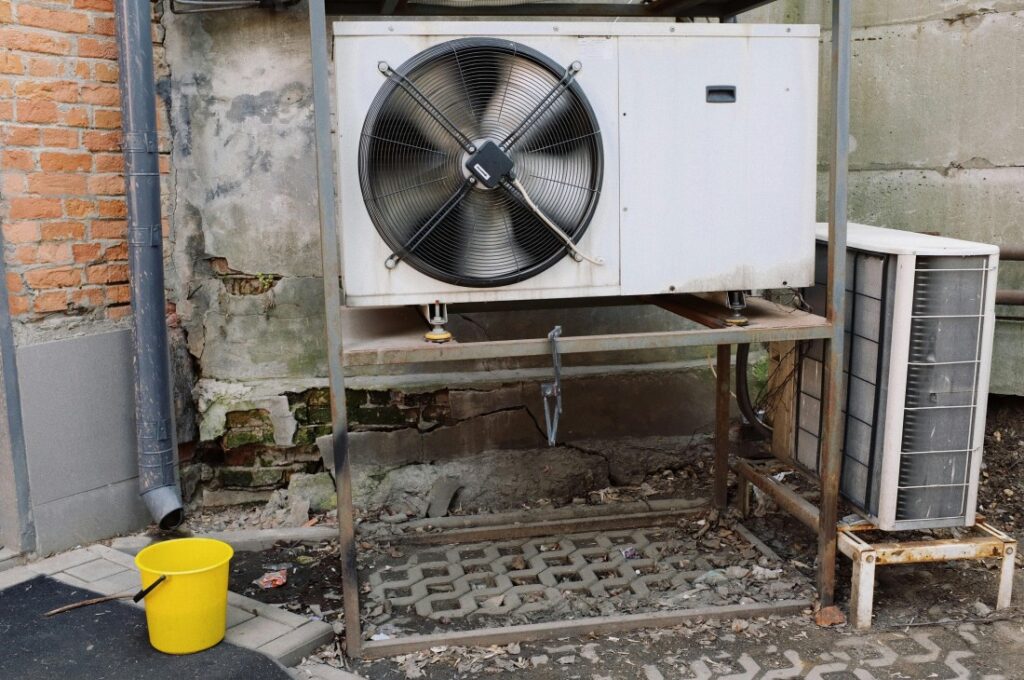
Which Option is Right for You?
Deciding between these two filters depends on your needs and lifestyle. Let’s break it down further:
Choose Air Purifiers If:
- You Have Allergies or Asthma: HEPA filters in air purifiers are highly effective at removing allergens.
- You Need Room-Specific Cleaning: Ideal for bedrooms, nurseries, or home offices.
- You Want to Remove Odors or VOCs: Look for models with activated carbon filters to tackle smells and harmful gases.
Choose HVAC Filters If:
- You Want Whole-Home Air Cleaning: Great for ensuring every room benefits from improved air quality.
- You’re On a Budget: Standard filters are cost-effective and easy to maintain.
- You Value Temperature Control: Heating and cooling mechanisms also encompass air conditioning so that they are all-in-one systems of comfort.
Measures to Improve Indoor Air Quality
- Upgrade Your HVAC Filter: If possible use filters with MERV 13 and above to increase filtration capability.
- Combine Solutions: It is recommended that you use air purifiers on your busy rooms, and the HVAC for your roomer coverage.
- Replace Filters Regularly: For air purifiers and HVAC systems implement the following, clean or replace filters depending on the manufacturer’s instructions.
- Keep Your Home Clean: In addition to this, crossing from one point to the other should be done by walking on rugs or mats which have regularly been vacuumed, dusted and mopped since doing this removes some of the airborne particles.
- Ensure Proper Ventilation: Sheltered windows should be opened occasionally to let fresh air in providing the outdoor air is healthy for breathing.
Do’s and Don’ts for Indoor Air Quality
| Do’s | Don’ts |
| Use HEPA filters if you have severe allergies. | Rely solely on standard HVAC filters if you have allergies. |
| Place air purifiers in rooms with high traffic. | Assume one air purifier can cover an entire home. |
| Upgrade to high-efficiency HVAC filters. | Skip filter replacements—it reduces air quality and system efficiency. |
| Regularly clean and maintain your HVAC system. | Neglect HVAC system maintenance. |
Message by Lockeyair: By understanding the pros and cons of air purifiers and HVAC filters, you can create a healthier, more comfortable living environment for yourself and your family. Choose the option that suits your needs, and enjoy the benefits of cleaner, fresher air!
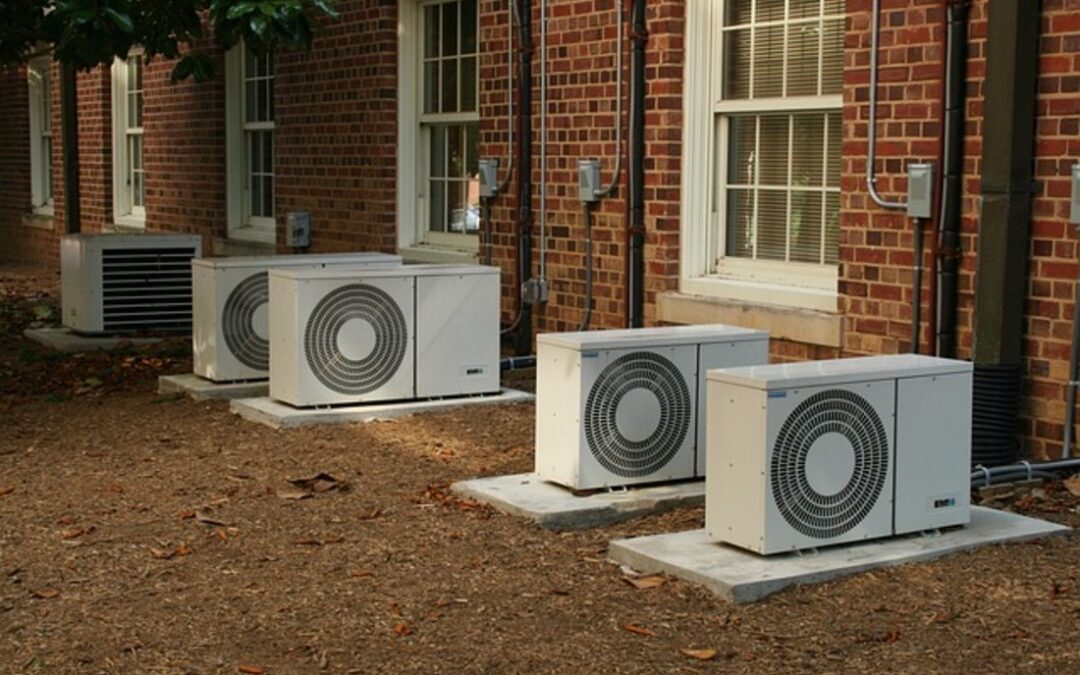
How Often Should You Service Your AC in Belton, Texas?
Let’s be real about Belton summers for a minute. That heat isn’t just uncomfortable; it’s relentless. From those humid June….
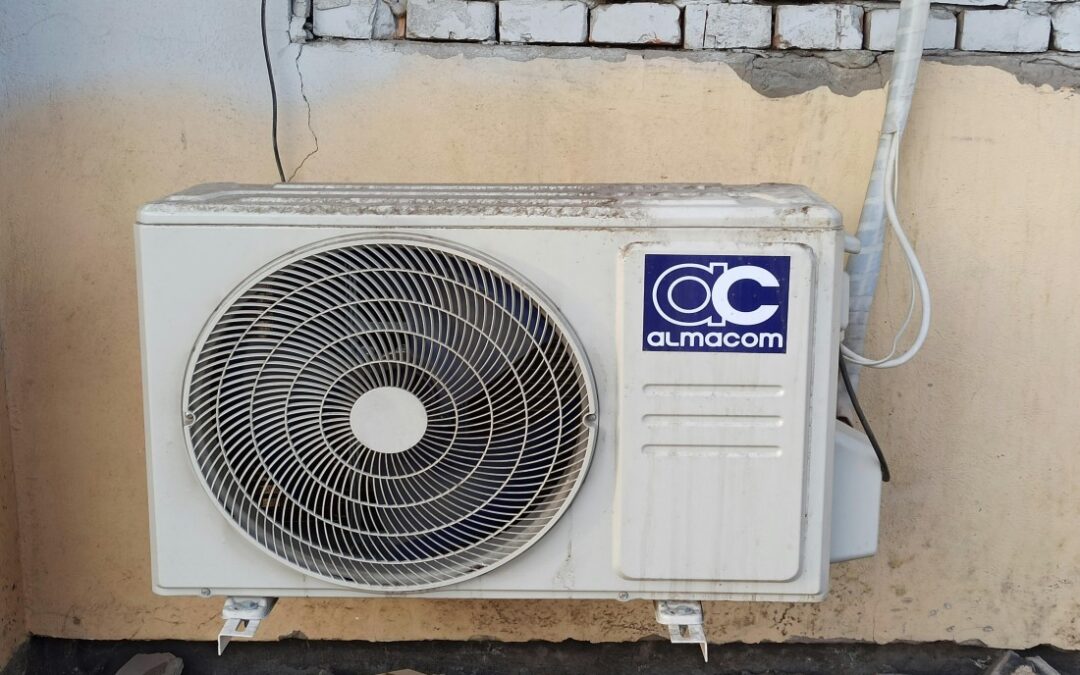
Why Homeowners in Central Texas Are Switching to Ductless Systems
You know exactly how it is here. Summer rolls in, you turn the AC down low, and what happens? The living room gets frosty…
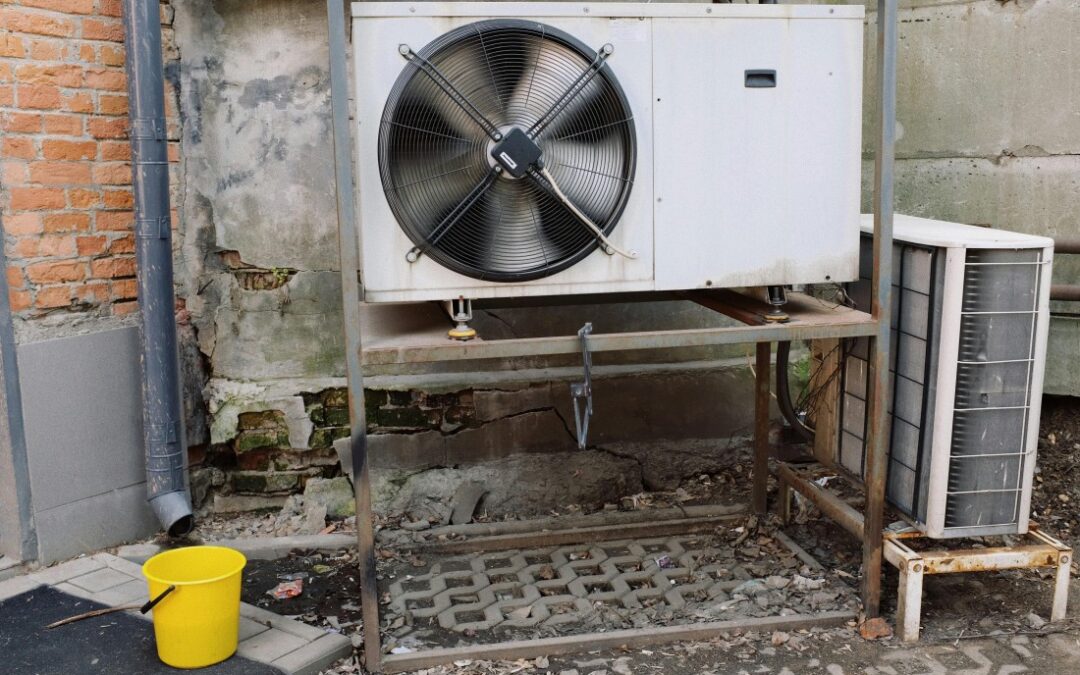
Is Your HVAC System Costing You Too Much? A Smart Thermostat Might Be the Fix
Man, opening that monthly energy bill can feel like a punch in the gut, can’t it? You look at the number for your heating…
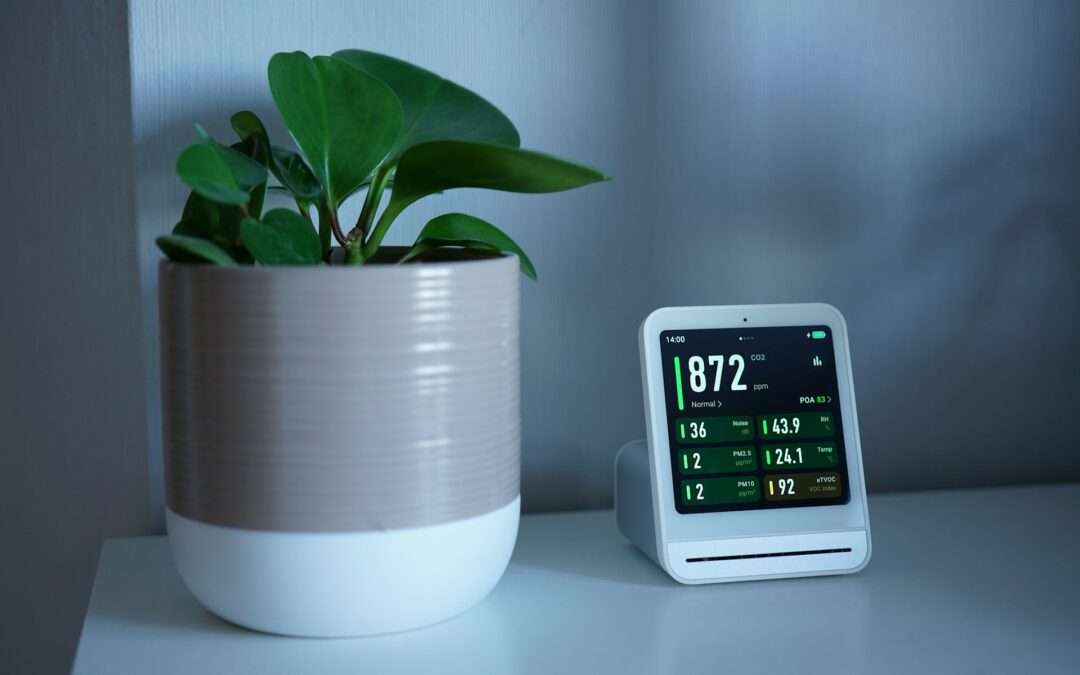
How Smart Thermostats Improve HVAC Performance and Reduce Bills
Let’s be honest. For most of us, the thermostat is that thing on the wall we poke at when we’re too hot or too cold…

Why Regular HVAC System Maintenance Is So Important in Central Taxes
Let’s be real. Around here, from around San Angelo to over to Waco and down through Austin, we have a special relationship with our air conditioning…
